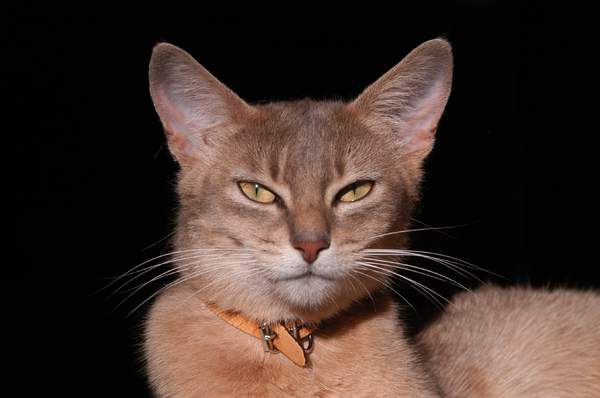Do It Yourself Cat Litter: Homemade Alternatives and Recipes
Do It Yourself Cat Litter: Homemade Alternatives and Recipes
Blog Article

In recent years, the trend towards eco-conscious living has actually reached every aspect of our lives, including our cherished pets. As family pet owners become progressively familiar with the ecological impact of their furry friends, the need for natural cat litter has risen. But what precisely is natural cat litter, and why should animal owners think about making the switch? In this detailed guide, we'll delve into the world of natural cat litter to explore its advantages, options, and whatever else you need to understand.
Cat litter and litter boxes play a pivotal function in the lives of both cats and their owners. From the modest beginnings of sand and soil to the ingenious advancements these days, the world of cat litter has developed significantly. In this detailed guide, we delve into every aspect of cat litter and litter boxes, exploring their history, types, advantages, difficulties, and whatever in between.
The history of cat litter dates back centuries, with ancient civilizations utilizing sand, soil, and even ashes as primitive litter products. However, it wasn't till the mid-20th century that modern cat litter as we understand it emerged. In 1947, Edward copyright introduced the world's very first business cat litter made from absorbent clay, reinventing the method cats relieved themselves inside your home. Ever since, cat litter has gone through numerous changes, with the intro of clumping litter, silica gel litter, biodegradable alternatives, and more.
Today, feline owners are spoiled for option when it pertains to selecting the best litter for their feline buddies. Traditional clay litter remains popular for its price and efficiency in absorbing odors. Clumping litter, which forms strong clumps when wet, streamlines cleaning and maintenance. Silica gel litter, composed of extremely absorbent silica crystals, uses superior odor control and durability. Eco-friendly alternatives, such as recycled paper, wood pellets, corn, and wheat, appeal to environmentally mindful customers.
Each kind of cat litter offers unique advantages. Clay litter excels in its capability to soak up wetness and control odors, making it a reputable option for lots of feline owners. Clumping litter streamlines daily scooping and extends the time between complete litter changes. Silica gel litter offers remarkable smell control and can last longer in between replacements. Eco-friendly litters use a sustainable option that minimizes environmental impact.
While cat litter enhances indoor feline hygiene, it is not without its challenges. Dust from clay litter can position respiratory dangers for both cats and people, prompting the popularity of dust-free alternatives. Some cats may develop litter box aversion due to issues with texture, scent, or cleanliness, necessitating experimentation with different litters and box configurations. Multi-cat households may require tactical litter box positioning and regular upkeep to avoid territorial conflicts and guarantee all cats have access to clean facilities.
Selecting the appropriate litter box is essential for promoting favorable litter box routines and total feline wellness. Elements to consider include size, accessibility, and style choices. Covered litter boxes Robot Litter Boxes offer privacy and help contain smells, however some cats may find them restricting or frightening. Open-top litter boxes provide easy access and presence however may result in more litter scatter. Automatic self-cleaning litter boxes streamline upkeep however require routine tracking and upkeep.
Proper litter box upkeep is important for guaranteeing a clean and welcoming environment for both felines and their owners. Daily cat litter pellets scooping eliminates waste quickly, minimizing smell and dissuading litter box aversion. Routine litter replacement, cat litter deodorizer usually every 1-2 weeks, prevents bacterial accumulation and preserves ideal absorbency. Thorough cleansing with mild cleaning agent and water, preventing harsh chemicals that might discourage cats from utilizing the box, need to be carried out monthly.
Cat litter and litter boxes play a central function in promoting a healthy and unified relationship between cats and their human buddies. With a diverse selection of litter choices and litter box styles offered, cat owners have the versatility to tailor their options to suit their felines' preferences and family needs. By comprehending the development, types, advantages, and difficulties of cat litter and litter boxes, family pet owners can offer their feline friends with a comfortable and sanitary indoor environment.